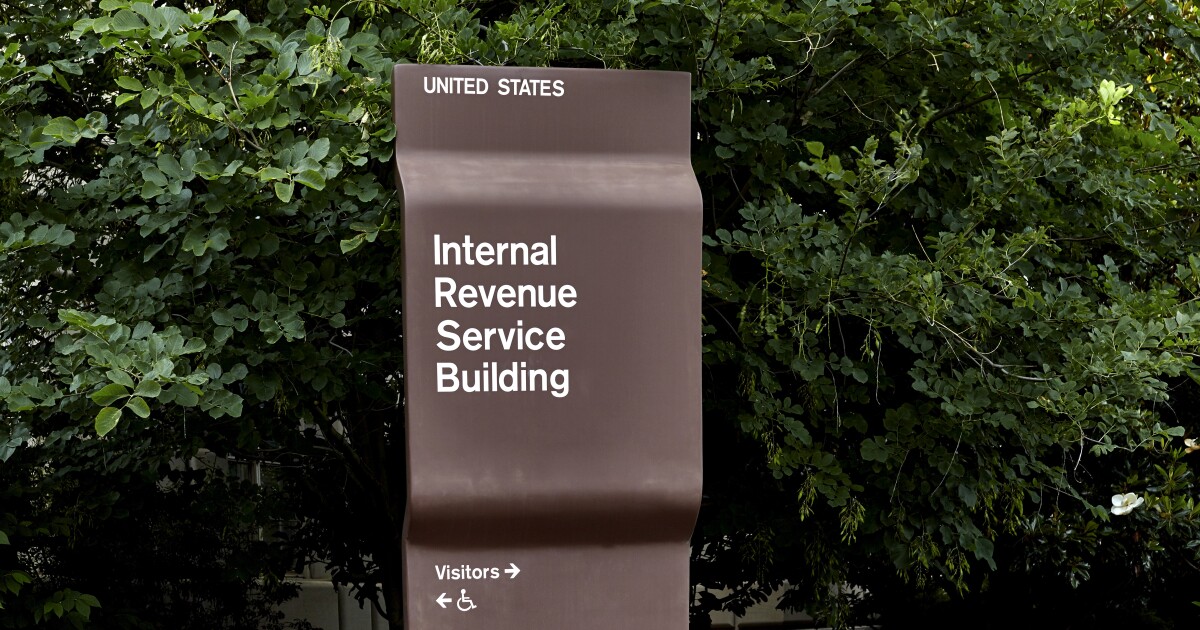June’s Pride Month programming is often among an organization’s most visible efforts to celebrate a marginalized community within the workforce. From rainbow flags at the office to company contingents marching in Pride parades, corporate participation in Pride Month has become a summer staple. But, with a new federal administration with a dramatically different tenor on LGBTQ issues, will this Pride Month be different?
Early forecasts indicate it may be. Advisory firm Gravity Research found that two in five companies are toning down their Pride Month recognition this year, with a marked impact on the LGBTQ community: Organizers of Seattle and New York City’s Pride festivals told CNBC they are facing a $350,000 funding deficit, while the organizations that stage events in San Francisco and the Twin Cities are each down about $200,000 in corporate backing.
The rollbacks come after President Trump’s administration targeted LGBTQ support, particularly for transgender Americans, from his first day back in office, including through a series of executive orders.
Ben Greene, a speaker, author and advocate for trans inclusion, says that while there may indeed be “fewer rainbow logos” this year, corporate investment in Pride Month mirrors wider—and varying—DEI shifts. Some companies are being overly risk-averse and eagerly retreating, which could reflect inauthentic commitments; meanwhile, others are taking a wait-and-see approach, while some aren’t wavering.
As HR leaders play a pivotal role in developing DEI strategy, Greene says, they must recognize important distinctions between how individual contributors and managers feel about DEI and Pride Month—compared to those more focused on the bottom line.
“Outside of senior leadership, shareholders, CEOs and people who stand to lose the most money by having Trump pushing back on their company, day-to-day people are feeling a strong desire for not just sustained but increased DEI efforts,” Greene says.
Recent research from Pew Research Center found that 53% of Americans surveyed disagree with Trump’s efforts to rid the federal government of DEI programs. A Harris Poll/Axios Vibe survey earlier this year found that 57% of respondents said corporate DEI has had no impact on their career. That figure stands at 53% for Republicans, 26% of whom said they have benefited from DEI, with just 21% citing a negative influence.
When it comes to Pride recognition, LGBTQ advocacy organization GLAAD recently reported that more than 70% of Americans said companies should be able to freely celebrate the LGBTQ community during Pride Month. Just as many agreed that a company’s visible investment in Pride Month would have a positive or no impact on their purchasing decisions.
Greene says the Trump administration’s efforts to restrict LGBTQ rights have made many Americans feel that there’s a “target” on some people’s backs—and are driving up the value employees place on DEI efforts.
“A lot of groups are in the crosshairs, and there’s this feeling of ‘Wow, that target is on my friend, my child. Am I going to be next?’ ” Greene says. “Employees, middle managers, ERG leaders, newly hired interns—they all want to feel safe and connected. DEI efforts are an amazing way to do that.”
Target: a case study of consequences
Yet, Trump’s posturing about investigating companies’ use of “illegal discrimination and preferences, including DEI,” appears to have significantly spooked many companies.
DEI rollbacks that had already ramped up gained steam in the last few months, with companies including Walmart, McDonald’s and Google ending DEI policies or programming within weeks of Trump’s election. Target is among the most visible to have taken such a step—perhaps because of the demonstrated impact.
The retail giant announced in January it would dial back hiring targets, cease participation in diversity research and shutter its funding program that supported Black communities. The moves came after Target responded to conservative backlash over its Pride Month merchandise in 2024 by pulling some of the items.
Earlier this year, DEI supporters pegged Target for a boycott, which reports link to a three-month decline in foot traffic in the stores.
While leadership may be focused on the external pressures to drop DEI investment, “there are actual risks” of not sticking with DEI, Greene says. “There were massive consequences at Target, while companies like Costco have sustained their traffic because of their commitments to supporting DEI.”
The legal landscape for DEI
The divide between employees and some in senior leadership on DEI is putting HR in a “tricky position,” especially this Pride Month, Greene says.
“I don’t envy anyone in that position,” he says.
In large part, some leaders are willing to “abandon” the LGBTQ community in hopes that move would make the company “safer” or “its profits more secure” from a Trump administration crackdown.
“They’re afraid of a political leader with a temperamental and insecure nature who they think might hear about a Pride event and make it his mission to ruin that company,” Greene says.
Yet, it’s critical to recognize that executive orders are not laws, he adds. There have been more than 150 lawsuits filed against Trump’s orders, many of which have successfully halted their enactment.
“If there were an executive order that companies aren’t allowed to do Pride Month activities, that’s just an abundantly clear violation of freedom of speech,” Greene says. “No one will be breaking a law marching in a Pride parade or saying they support the LGBTQ community or hosting optional educational programming for staff.”
Organizations willing to drop their support for the LGBTQ community because “Trump seems to despise this community so much,” Greene suggests, should instead consider the chilling effect such a climate is having on portions of their workforces.
“It must be pretty bad, feeling that he hates this group so much that we can’t even talk about it anymore,” he says.
No space for neutrality
In that vein, HR leaders need to be among the voices communicating the long-term talent impact of DEI rollbacks—or investment.
Many organizations may be tempted to quietly sit out Pride Month, but the workforce will notice: employees with a trans child, Gen Z candidates looking for an organization that celebrates diversity, managers with a gay team member who reports to them.
“Some people think, ‘If we don’t say anything at all, we can just be neutral, in the middle and make everybody happy,’ ” Greene says. “That’s not the case. Leaders need to recognize that choosing to do nothing, say nothing—this year—is a choice.”
At organizations with leaders pressing to scale back Pride Month investments, HR can try to walk the line—maybe not marching in a Pride parade but still maintaining ERG or educational events, for instance. Engaging the voices of LGBTQ employees and allies in designing this year’s Pride Month strategy is a critical step in communicating ongoing support, despite the pressure, Greene says.
“Check in with employees. ‘What’s the most meaningful show of support? Do you want a gathering, a guest speaker? How can we show up, given where we are right now?’ ” Greene suggests.
While the external pressure may have many organizations celebrating Pride Month in a quieter way this year, Greene predicts that the administration’s efforts to entirely disband DEI efforts like Pride Month celebrations within the federal government won’t gain long-term traction in the corporate world.
“There’s a lot of fear right now,” he says, “but I don’t think it’s entirely had the silencing effect some might have hoped.”
Credit: Source link










